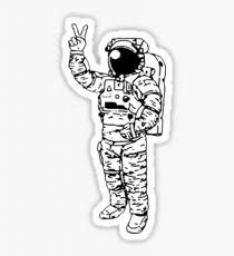The Astronaut's Diary
We were exhausted from all the work. We slept in shifts. One of us had to be awake all the time. There was so much work to do.
Finally, we got to our destination. We had reached the space station. There, we would do more work, but we would have less pressure. We had so much to do every day on our ship. Now there would be mo re people to help us. We would be on a collaborative team. We would be able to share the work.
When we moved into the space station, I felt great. There was so much more space. We would have real beds to sleep in. We would have better food. They had a garden on the space station. They grew vegetables.
The six astronauts on the space station were happy to see us. They said, “We have been waiting for you.” We were glad to see them, too. We had been worried. We heard that one of them had been sick.
We asked how she was feeling. She said she was better now. It had been a cold. We were relieved. We could stop worrying now.
That first night on the space station wa s great. We had good food. We had a good dinner. Then we were going to sleep. But one of the astronauts said, “We need to give you a job. Each person has to take turns staying awake. Here is the schedule.” So I had a shift again.
I saw I was first. I would have to stay awake tonight. I was disappointed. I felt fatigued. I had been awake and work ing for 20 hours. But I knew it was my duty. So I sighed and said, “See you in the morning.”
I became an astronaut so that I could travel in space. Now I’m here. It is hard work. It’s even more challenging than I expected.
